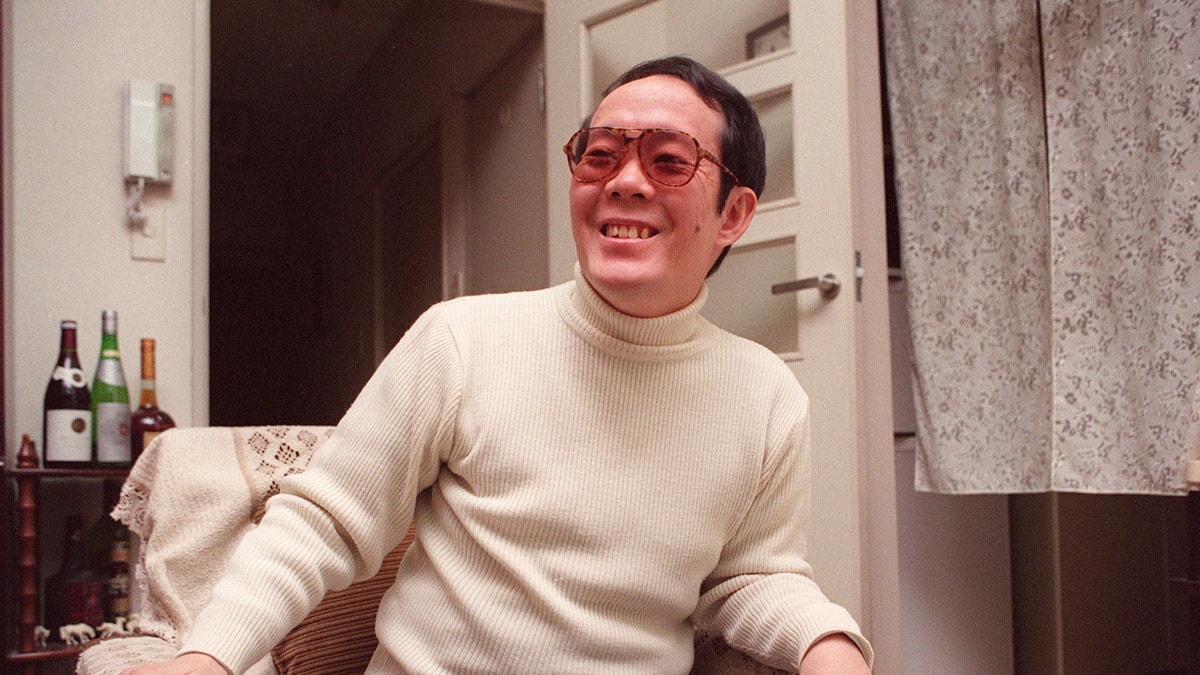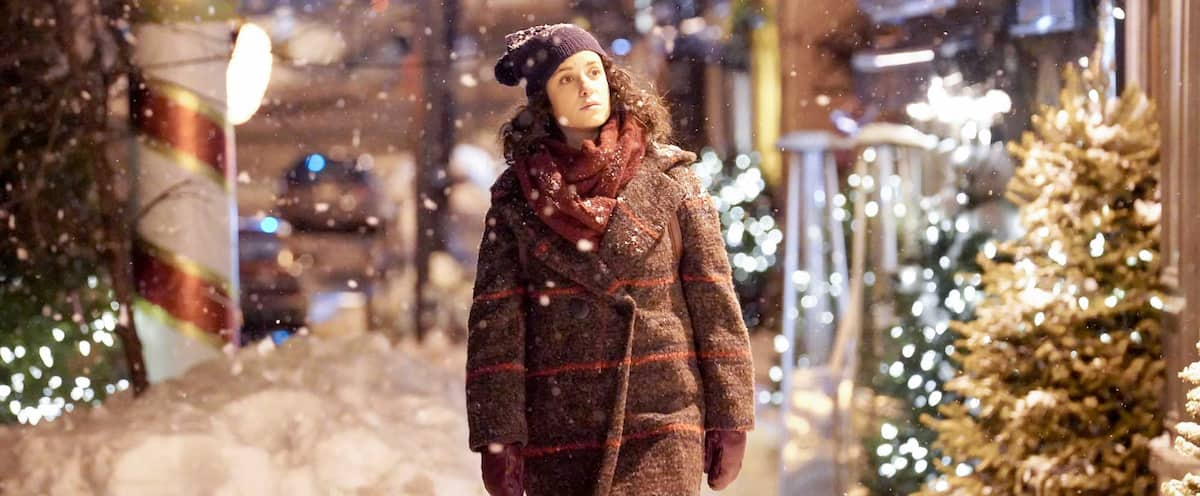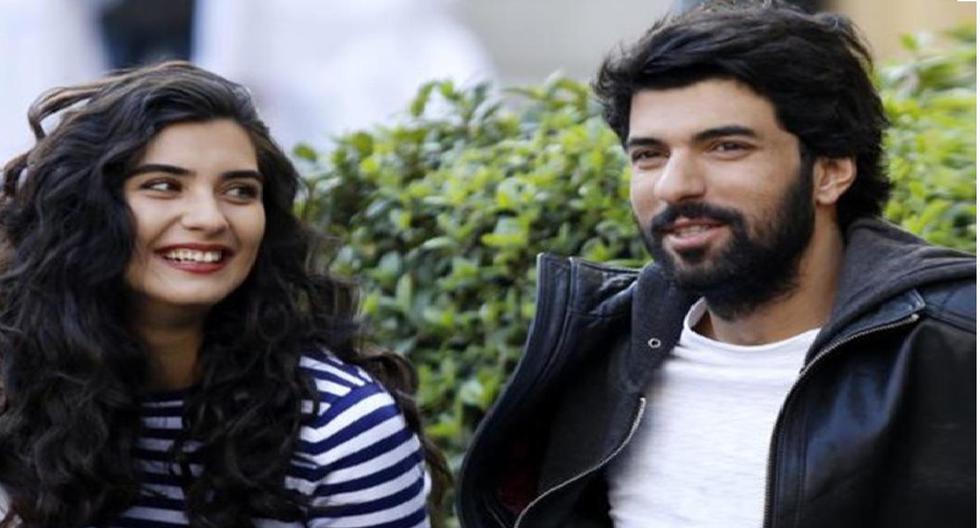Issei Sagawa, nicknamed the “Japanese cannibal” for killing and eating a Dutch student in Paris, died 40 years after the shocking facts turned the killer into a media phenomenon in his country.
Sagawa died of pneumonia on November 24 at the age of 73, according to a statement from the publisher of his brother Jun’s biography published in 2019, and a funeral attended only by his relatives had already been held.
No public ceremony is planned, the statement added.
Issei Sagawa was a student in Paris at the Sorbonne University on June 11, 1981, when he invited a Dutch friend, Renée Hartveldt, to his apartment for dinner.
There, he shot her in the neck and raped her, then cut her up and ate different parts of her body for three days, taking several pictures of his gruesome crime.
He later tried to dispose of the young woman’s body in two abandoned suitcases in the Bois de Boulogne, but was found and arrested following an appeal for witnesses launched by the police.
“Eating that girl is an expression of love. I wanted to feel the presence of a person I love inside me,” he admitted after his arrest.
Experts attested to his mental illness, and he benefited from his dismissal and was housed in France and then Japan before regaining his freedom in August 1985.
His departure from France provoked anger and fury from his victim’s family and many others.
The family vowed to pressure Japanese public opinion that “the killer will never be freed.”
Later becoming a media star, Sagawa received several journalists at his apartment in the suburbs of Tokyo. He intervened in Japanese television and published several best sellers such as “Cannibal” or “I want to eat” and drew a manga detailing his crime.
Cannibal driving
Issei Sagawa seemed worried that his writings would be read outside of Japan, telling AFP in the early 1990s: “I never imagined that the victim’s family (victim, editor’s note) would be able to read it”.
His work shocked public opinion while evoking a certain morbid attraction to its author, particularly inspiring Japanese author Juro Kara, who won the prestigious Akutagawa Literary Prize in 1982 for his novel “The Letter from Sagawa.”
British rock band The Stranglers referenced the crime in a French-language song titled “La Folie” released in 1981.
Two anthropologists made a documentary about him in 2017 titled “Kaniba,” in which Issei Sagawa said he could not “explain” his actions.
“This is just my imagination. Nothing more specific than this can be said,” he said in the film. “People must think I’m crazy.”
He described his “obsession” as “uncontrollable”, saying “I’d rather eat donkey than anything in the world”.
According to the documentary, Sakawa recognized his cannibalistic urges at an early age, at the same time as his sexual awakening, and his desire focused on blonde actresses in Western cinema. American star Grace Kelly was his “first crush”.
The directors, Véréna Paravel and Lucien Castaing-Taylor, said they had been “overwhelmed” by “very conflicting feelings” over the past few months over the closeness of Issei Sagawa and his brother Jun.
“We were disgusted, we were fascinated, we wanted to understand,” noted Verena Baravel, adding that despite everything, it was “a film about brotherhood, about love.”

“Pop culture practitioner. Award-winning tv junkie. Creator. Devoted food geek. Twitter lover. Beer enthusiast.”










